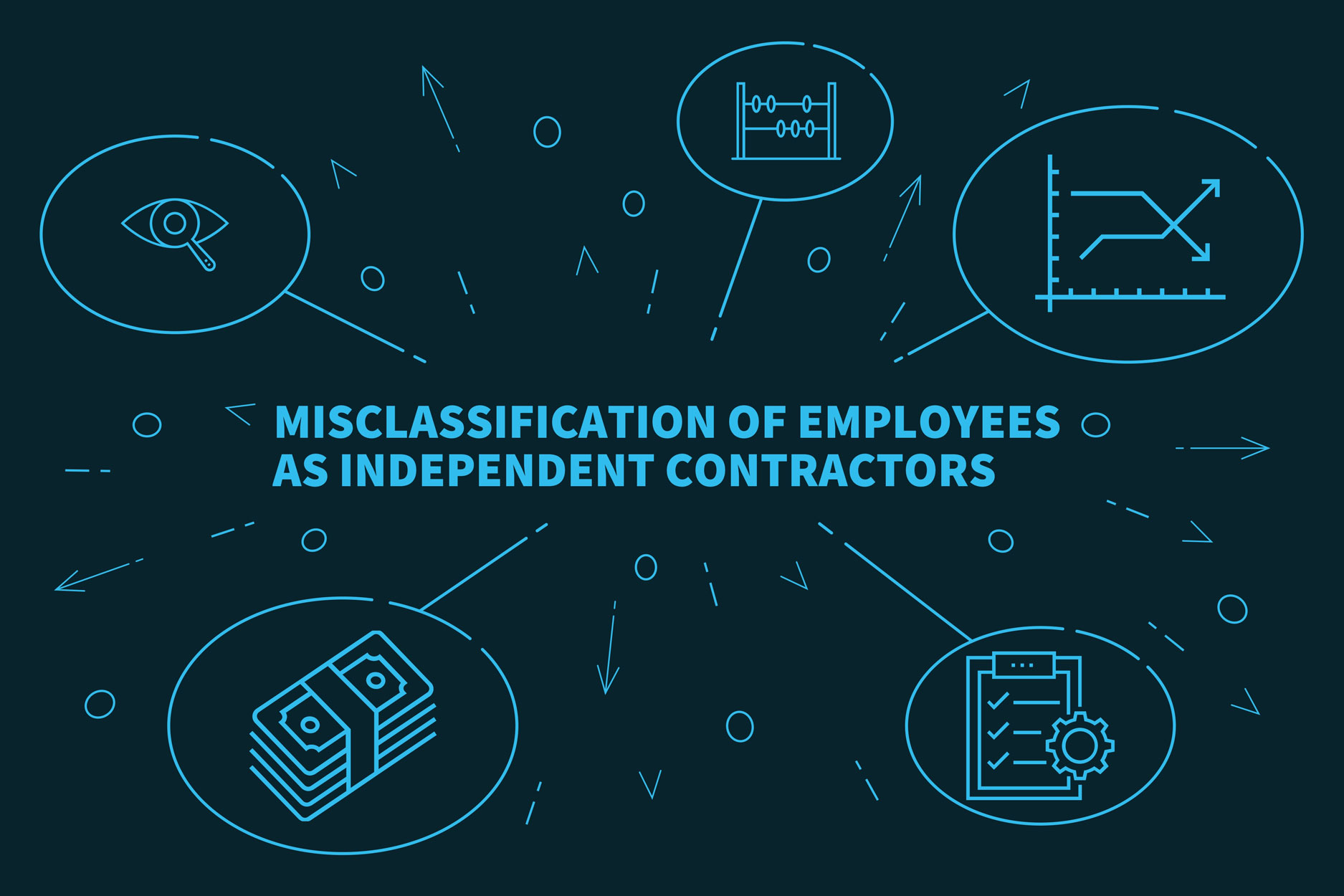Background
In January, the DOL issued final regulations modifying its existing rule for classifying service providers as either employees or independent contractors (“ICs”). Those rules became effective on March 11, 2024.
While misclassifying workers as independent contractors may be inadvertent, there are a number of reasons why employers may be inclined to err on the side of treating them as ICs rather than employees. These include the following: (i) ICs can be excluded from employee benefits plans, like health insurance and ERISA qualified profit sharing, ESOP or pension plans; (ii) the employer is not required to withhold payroll taxes or contribute the employer’s share of payroll taxes; (iii) the employer is not required to provided workers compensation insurance for those workers; (iv) ICs are not entitled to the overtime or minimum wage requirements which protect employees.
In order to discourage the misclassification of workers, federal law and the laws of many states provide for significant civil fines and sometimes other sanctions for employers who misclassify workers.
The New Regulation
The new regulation provides a six (6) factor test and states that none of these factors is to be weighed more heavily than any others. The six factors are:
- The opportunity for profit or loss depending upon the managerial skill of the worker.
- Investments by the worker and the employer (e.g., does the worker have to supply his own tools?, etc.).
- The degree of permanence of the worker/employer relationship (e.g., are the services being provided for a particular project or are they expected to be ongoing; does the worker provide similar services to others?, etc.).
- The nature and degree of control of the employer with respect to the work.
- The extent to which the work is an integral part of the employer’s business (e.g., a software company hiring someone to paint its offices vs. hiring a computer programmer).
- The skill and initiative required of the worker.
Some Practical Takeaways
It is important to keep in mind that these new rules only apply to a determination of whether workers are subject to the Fair Labor Standards Act. The IRS and many states have their own tests for classifying workers and those remain in effect.
Also, there is already pending litigation that challenges the new DOL regulation. It remains to be seen if any of these cases will be successful.
If you have any questions or would like further information, please contact your PLDO attorney or Partner William F. Miller of our Corporate and Business Practice at 508-420-7159 or wmiller@pldolaw.com.


